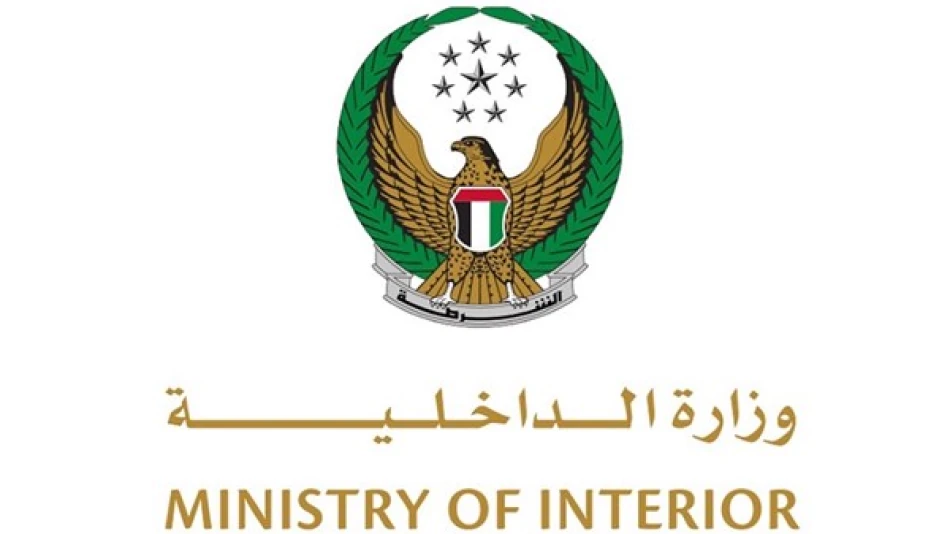
Sharjah Police Dismantle International Drug Cartel Operating Between Canada and Spain
UAE Breaks Up International Drug Network in Cross-Continental Sting Operation
Sharjah Police have dismantled a sophisticated international drug trafficking network spanning three continents, seizing 131 kilograms of narcotics and psychotropic substances in a coordinated operation that stretched from Toronto to Spain to UAE shores. The bust highlights the UAE's growing role as both a target and a key player in global anti-narcotics enforcement, as criminal networks increasingly exploit the country's position as a major trade hub.
Family Man Turned Drug Smuggler
The operation began with surveillance of an Arab national who regularly visited the UAE with his family. What appeared to be routine family trips masked a calculated smuggling operation, with the suspect using his wife and two children as cover for his criminal activities. This tactic reflects a troubling trend where traffickers exploit family units to avoid detection, banking on the assumption that authorities are less likely to scrutinize travelers with children.
The suspect's network employed sophisticated methods, including coordinate-based websites to conceal and distribute drugs—a digital approach that mirrors techniques used by organized crime groups worldwide. This technological element demonstrates how modern trafficking operations have evolved beyond traditional methods, incorporating encrypted communications and GPS-based distribution systems.
Maritime Route Exposed
Intelligence work revealed a complex maritime smuggling route connecting Toronto's port in Canada to Malaga, Spain, before reaching UAE waters. The drugs were concealed within shipping containers loaded with automotive parts, a common concealment method that exploits the massive volume of legitimate trade flowing through these ports daily.
This Canada-Spain-UAE corridor represents a significant discovery in international drug enforcement. The route likely exploited Canada's position as a major entry point for drugs from South America, Spain's role as a gateway to Europe and the Middle East, and the UAE's status as a regional distribution hub.
Regional Security Implications
The operation's success underscores the UAE's increasingly proactive stance in combating international drug trafficking. Unlike neighboring countries that have struggled with narcotics transit, the UAE has invested heavily in port security and intelligence capabilities, making it a less attractive target for smugglers—but also a more valuable prize when operations succeed.
The seizure of 9,945 drug capsules alongside the bulk narcotics suggests this network was serving both wholesale and retail markets, indicating the UAE's dual role as both a transit point and a consumption destination for illegal drugs.
International Cooperation in Focus
The case highlights the critical importance of international law enforcement cooperation in combating modern drug trafficking. The UAE's Ministry of Interior is coordinating with counterpart agencies across multiple countries to pursue remaining network members, a approach that mirrors successful operations in Singapore and Hong Kong—other major trading hubs that have faced similar challenges.
This level of international coordination represents a significant evolution from earlier decades when jurisdictional boundaries often allowed criminal networks to operate with impunity across borders. The UAE's ability to coordinate simultaneously with Canadian, Spanish, and other international authorities demonstrates the country's growing influence in global security cooperation.
Strategic Implications for Gulf Security
The bust comes at a time when Gulf states are increasingly targeted by international criminal organizations seeking to exploit the region's wealth and strategic location. The UAE's success in this operation sends a clear message to criminal networks while reinforcing the country's position as a reliable partner in international security efforts.
For the broader region, this operation demonstrates how modern anti-narcotics efforts require sophisticated intelligence capabilities, international cooperation, and significant resource investment—advantages that position the UAE as a regional leader in combating transnational crime.
Most Viewed News

 Layla Al Mansoori
Layla Al Mansoori






